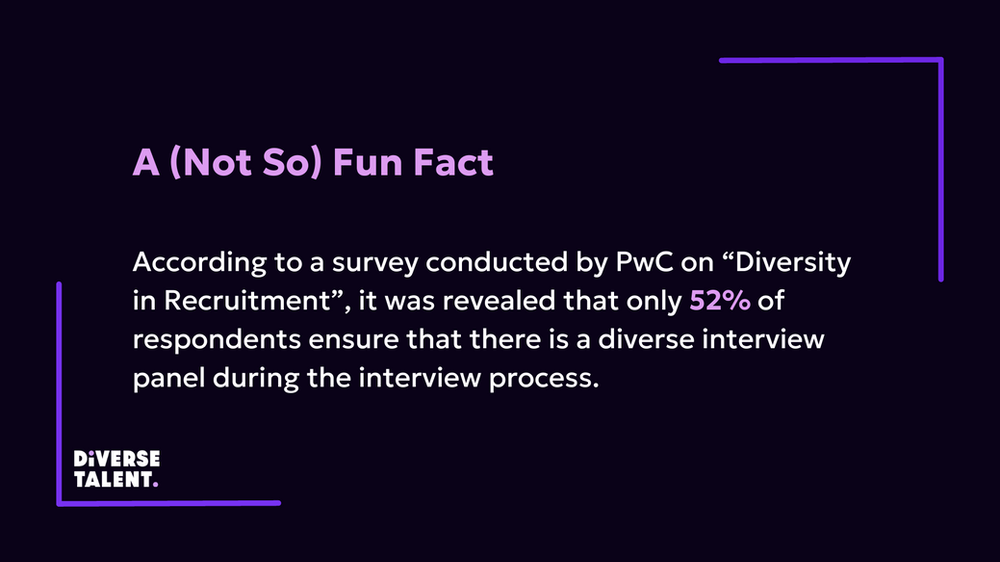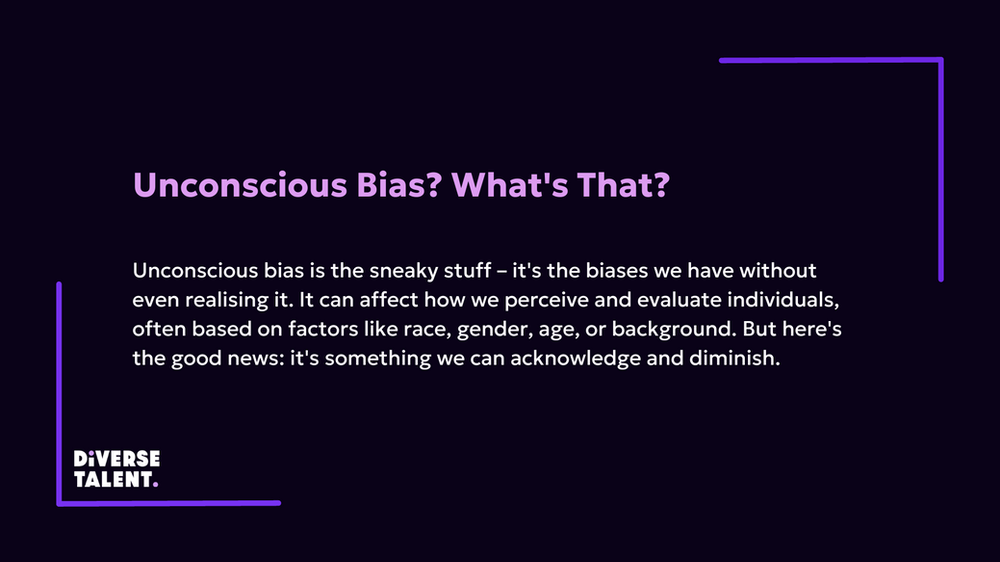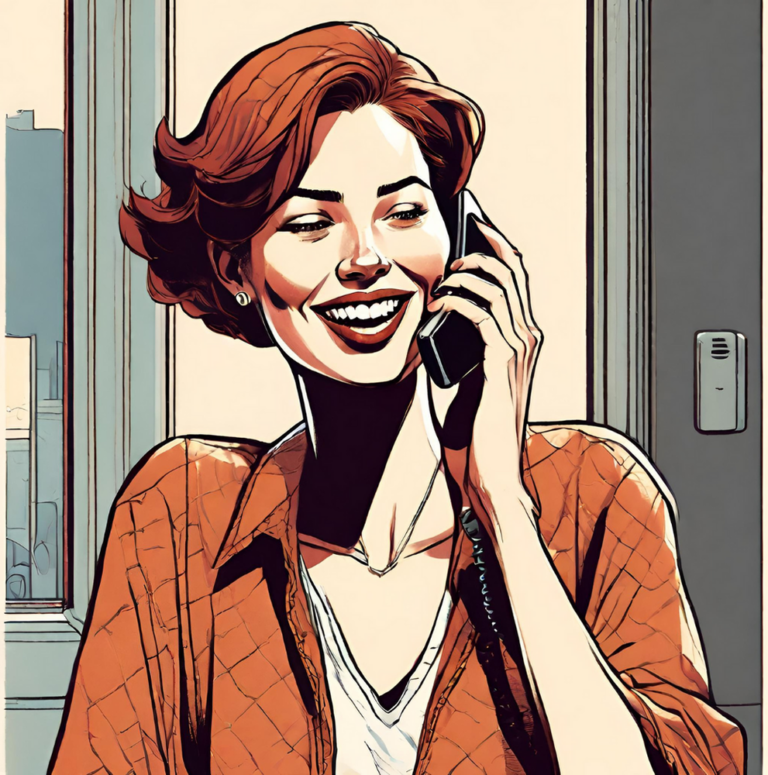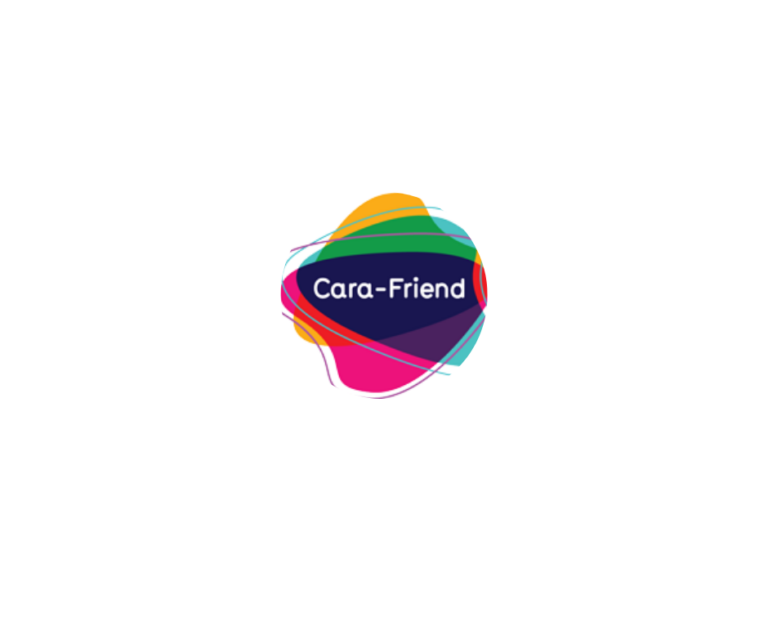When it comes to creating an inclusive recruitment process, one crucial step is often overlooked – the diversity of your interview panel. We must understand just how vital this element is in ensuring fair evaluations and eliminating biases in order for us all to continue building inclusive hiring practices.

Why Diverse Interview Panels Matter
Imagine walking into an interview room and seeing a panel that all look the same, and possibly even all think the same. It’s an intimidating scenario for anyone, but especially for candidates from diverse backgrounds. This initial setup can create an environment where unconscious biases are more likely to thrive.
Diversity on your interview panel means bringing together individuals with different backgrounds, experiences, and perspectives. This can help mitigate biases because people from various walks of life can better recognise them and challenge preconceived notions.
-
- Reducing Bias: Think about it – when your panel reflects a variety of experiences and viewpoints, it’s less likely to fall into the trap of unconscious bias. Different perspectives can help catch biases that might otherwise go unnoticed.
-
- Avoiding Groupthink: A diverse panel is less likely to fall into groupthink, where everyone has similar viewpoints and makes similar judgments. This can lead to a more comprehensive evaluation of candidates.
-
- Welcoming All Candidates: Candidates come from all walks of life. When they see a panel that mirrors diversity, they’re more likely to feel welcome and believe that they have a fair shot at the position, regardless of their background.

How a Diverse Interview Panel Could Work in Practice
Suppose your company is looking to hire a new web developer. The candidate pool includes people from various ethnic backgrounds, gender identities, and age groups.
In this situation, your interview panel comprises a mix of individuals, each with unique perspectives. You have a developer from your team, a project manager with a passion for diversity and inclusion, and an HR representative. They all bring something different to the table.
During the interviews, one candidate stands out for their non-traditional background. They didn’t follow the conventional path into web development. Without a diverse panel, the team might have overlooked this candidate, sticking to a narrow definition of what a “typical” web developer should be.
However, the diverse panel recognises the candidate’s unique strengths, the fresh approach they can bring to the role, and their potential to add a fresh dimension to your team. This leads to a more inclusive evaluation and, eventually, a more diverse and innovative workforce.
Training for Recognising and Reducing Unconscious Bias
Having a diverse interview panel isn’t enough on its own. The members of the panel also need training in identifying unconscious bias. This is a key element of fostering fair evaluations during interviews.
Providing your interviewers with the tools and knowledge to identify their own biases and address them is essential. This training can be an eye-opener and a game-changer. It equips your panel with the ability to make decisions based on qualifications and potential rather than preconceived perceptions.
For example: Imagine you’re conducting interviews for a customer service role. Your diverse panel includes members of different ages, genders, and backgrounds. During the interview, the candidate, Charlie, is an older individual. One of your panel members, Sarah, catches herself making assumptions about Charlie’s ability to adapt to technology based on their age. Thanks to her unconscious bias training, Sarah recognises her bias and refrains from letting it influence her assessment. As a result, the panel evaluates Alex fairly, focusing on their skills and experience. This ultimately leads to a more inclusive and equitable hiring process.

Building a diverse interview panel and providing them with unconscious bias training can be a game-changer in your quest for inclusive hiring. It’s not just about ticking a box for diversity; it’s about creating a fair and equal opportunity for all candidates, regardless of their background.
Remember, every step you take in building a more inclusive recruitment process brings your company closer to a brighter and more diverse future. Sign up to DiverseTalent’s Inclusive Recruitment Platform and start ensuring that your workplace is as diverse and inclusive as it can be!
Written by Katie Ashenhurst – Digital Design Engineer




